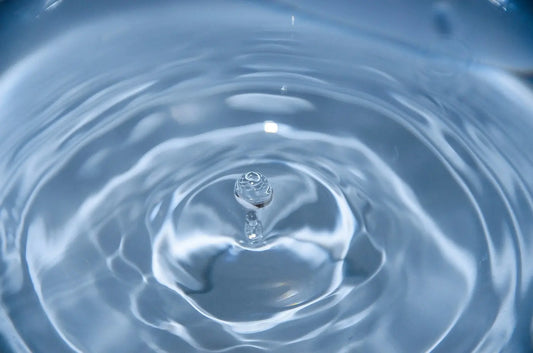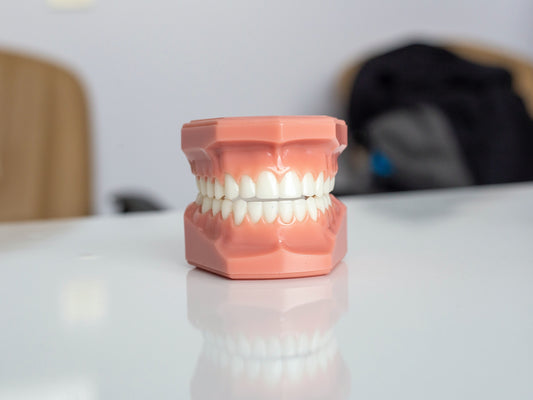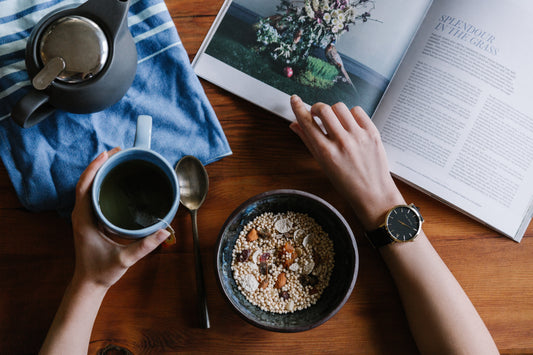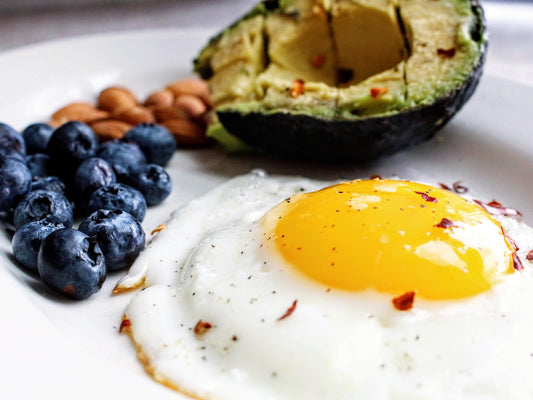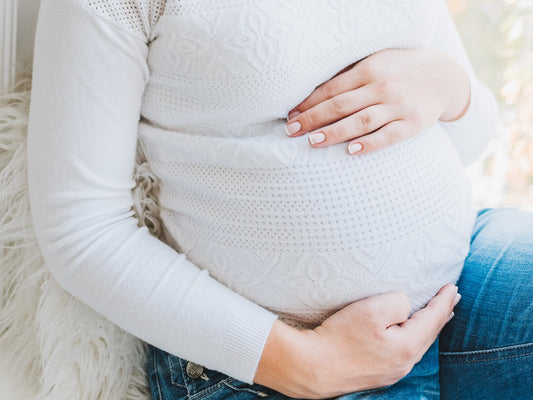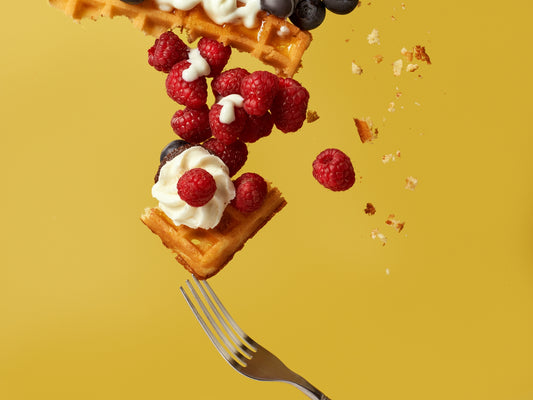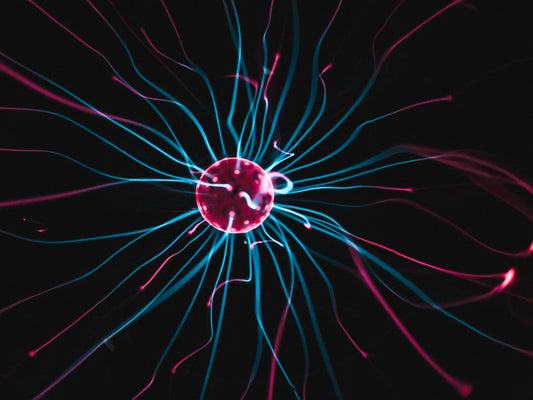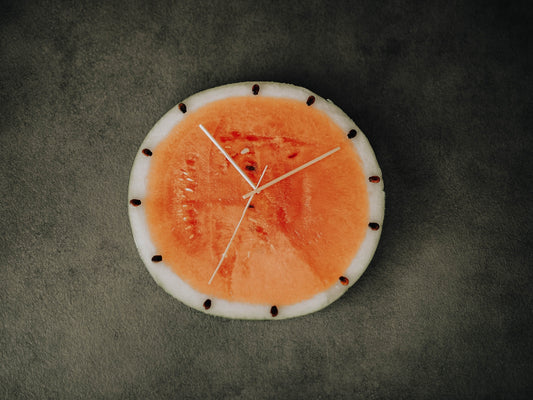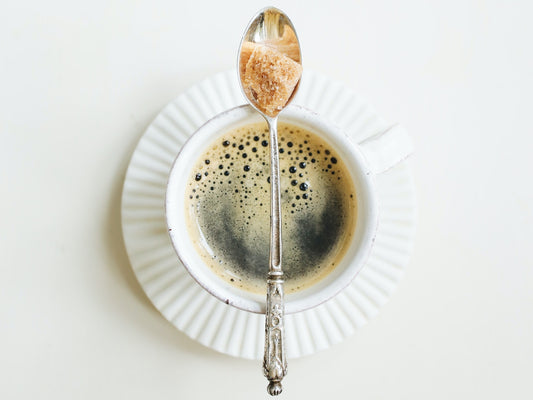Can You Drink Coffee While Breastfeeding?
Many people eliminate caffeine altogether during pregnancy due to the risks it poses to a developing fetus. However, once you give birth, you may wonder if you can drink coffee while breastfeeding. As a new mom, you perhaps need a kick of energy more than anyone else – especially if your baby keeps you up all night.
There are many ways to consume caffeine. The most obvious ones are coffee and tea, but you also ingest caffeine when having chocolate, soda, and others. Thus, you may wonder if you should drink coffee while breastfeeding. In the following sections, we will cover the main benefits and risks of drinking coffee, the pros and cons, and what other products and drinks include caffeine.
Benefits of Drinking Coffee While Breastfeeding

The first months after giving birth can be very exhausting. New moms need to adjust their lifestyle to care for their babies, they may be stressed, depressed, and sleep-deprived. For many of us, having a cup of coffee in the morning is exactly what we need to get a boost of energy and optimism, so we can start handling our chores for the day. Drinking coffee while breastfeeding has several benefits, as outlined below.
Energy Boost
Undoubtedly, the main benefit of drinking coffee is the energy boost. Coffee contains caffeine, a stimulant that fights fatigue and increases our energy level [1]. New moms need an energy boost more than anything, so a cup of coffee in the morning will surely raise your spirits, especially if you are tired after nurturing your baby all night long.
Helps With Mental Health
Unfortunately, many parents struggle with poor mental health after having a baby. Postnatal depression affects mothers and fathers alike and can become a serious condition if untreated, affecting you and your baby. Also, parenthood comes with a whole new source of stress and worries regarding your baby, which can make you feel under the weather.
Studies have shown that drinking coffee may help with depression [2]. Apart from this, it may help indirectly too – you can use your coffee time to relax and charge yourself with positivity, so you will feel happier and less stressed throughout the day.
May Help With Weight Loss
Weight management can be difficult while breastfeeding, especially as you need to focus on consuming sufficient nutrients for your baby.
Studies show that coffee consumption is associated with decreased body fat percentage in women [3]. A cup of coffee in the morning will boost your energy levels, which means that you will be more active throughout the day. A higher level of physical activity helps to manage weight.
Longer Life
Coffee consumption is linked to a lower risk of death, regardless of other factors like weight, age, and alcohol consumption [4].
Coffee was also found to decrease the risk of death from cancer [5]. Thus, having one or two cups of coffee per day will keep you healthier and may lead to a longer, happy life with your baby.
Risks of Drinking Coffee While Breastfeeding
There is a lot of misinformation – or even myths – regarding the risks of drinking coffee while breastfeeding. While there is some truth that there are some risks involved, you should not be worried: even if you drink more coffee than you should, the impact on your baby will be very mild. But, if you stick to the recommended caffeine consumption per day, there will be no impact whatsoever on your baby.
Some experts stated that babies have trouble sleeping when their breastfeeding moms have caffeine. In fact, this hypothesis has not been demonstrated. A study on 885 babies showed that there was no impact on their sleep quality when their moms consumed coffee and breastfed [6]. Also, research indicates that the risks of drinking coffee while breastfeeding are not serious, either [7].
Some sources may state that, if you have coffee, the acids in it will lower the iron content of your breast milk. However, there is no evidence that supports this claim either. The truth is that breast milk is naturally low in iron and babies need more iron to develop normally, so many mothers discuss iron supplementation with their doctors. However, the level of iron in your breast milk will be low regardless of whether you drink coffee or not [8].
In short, research so far doesn’t provide any reasons why you shouldn’t have coffee when breastfeeding. Despite this, just like with all the foods and drinks you have, coffee will be transferred into your breast milk – which is how many myths mushroomed.

However, studies show that only 0.06% to 1.5% of the caffeine you drink will be transferred into your milk. So, if you have 1-2 cups of coffee per day, this very little caffeine will not impact your baby at all.
Also, caffeine levels peak in breast milk 1-2 hours after consumption [9]. As a result, it’s best to have your cup of coffee right before or right after breastfeeding. Some mothers may pump the milk and throw it away after consuming caffeine – this doesn’t remove the caffeine or other substances from your milk. Instead, you need to wait until the substance will metabolize out of your breastmilk. Having coffee right before or after breastfeeding minimizes the risk of passing caffeine to your baby.
Overall, caffeine is compatible with breastfeeding. However, to avoid risks, it’s best to limit your caffeine consumption to 300 milligrams per day (about 1-2 cups).
Mothers that drink 10 or more cups of coffee per day may notice some side effects in their babies, including poor sleep, jitteriness, irritability, and fussiness [10].
The side effects on your baby also depend on age. Preterms and newborns are more sensitive to caffeine than older infants. Also, some babies are more sensitive to caffeine than others. If you consume caffeine within the recommended limit, but you still notice side effects in your baby, reduce your intake of coffee. Additionally, having too much coffee may impact you negatively, too. You can get migraines, feel nervous or restless, get irritated, urinate frequently, and have trouble sleeping. Thus, consuming caffeine in moderation is best for you and your baby.
Pros of Drinking Coffee While Breastfeeding
- Boost of energy
- Helps with weight management
- Helps with mental health
- May help you relax, unwind, and get ready for the day
- May lower your stress
Cons of Drinking Coffee While Breastfeeding
- Your baby may become irritated, restless, or jittery if you consume too much caffeine
- You may feel restless or have trouble sleeping if you consume too much caffeine
Alternatives to Coffee
If you need a boost of energy, but coffee is not your favorite beverage, there are a few alternatives you may want to consider. Also, keep in mind that all these sources of caffeine should be taken into consideration when calculating your daily caffeine dose of up to 300 mg.

Tea
Tea is one of the best alternatives to coffee if you are not a fan of its taste. There are many types of tea that contain caffeine, including green tea, white tea, oolong tea, and black tea. Having these types of tea before sleep may give you trouble falling or staying asleep, so they are best consumed early in the morning, just like you would have your coffee.
Supplements
Many supplements and even medications contain caffeine. For instance, some pain relief medications come with a healthy dose of caffeine, too. Weight loss supplements are also a common source of caffeine.
Some mothers may prefer to get caffeine from supplements instead of coffee or tea. There are many options on the market, but you need to check their labels to ensure all the ingredients are safe for breastfeeding moms.
Our hydration mix with caffeine is an excellent option, as it not only contains a balanced mix of electrolytes that rehydrate and energize you, but it also includes caffeine from green tea and L-theanine, an amino acid which increases your focus, relaxes you, and reduces your stress.
Foods and Drinks
Sources of caffeine are many and diverse. Some examples include energy drinks, soda (typically cola), chocolate, and guarana. However, not all of them may be recommended for breastfeeding moms. For instance, large amounts of guarana are unsafe and are usually present in energy drinks. Foods and drinks high in sugar, such as chocolate and soda, can also affect your well-being, weight, and your baby’s health.
All in all, you can safely drink coffee while breastfeeding. Coffee consumption was proven to bring many health benefits, including an energy boost, improved mental health, and extended lifespan. It’s important to monitor your caffeine intake, so you won’t consume more than 300mg of caffeine per day, which is the equivalent of two cups.
References














